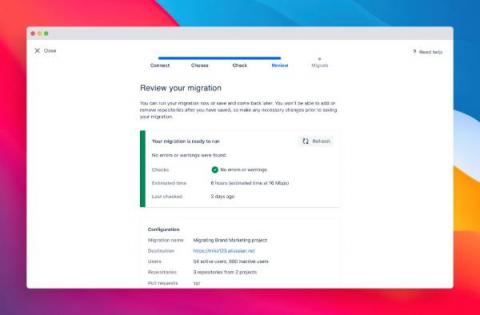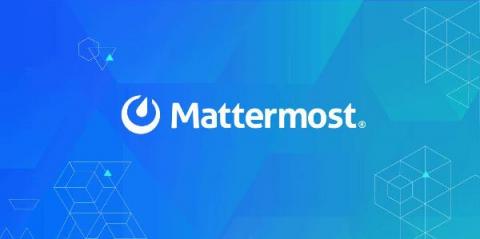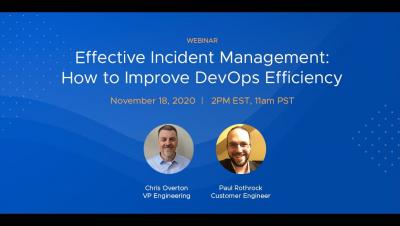GitLab Time Tracking Guide (Limitations, 7 Alternatives)
GitLab is a DevOps platform that helps developers manage the software development process, from the planning stage straight through to the release. The GitLab app also offers a time tracking feature that allows you to track estimates and time spent on epics and merge requests within the app itself. But is GitLab time tracking the answer to all your time management needs? In this article, we will explain how to use the time tracking feature in GitLab and discuss its limitations.










